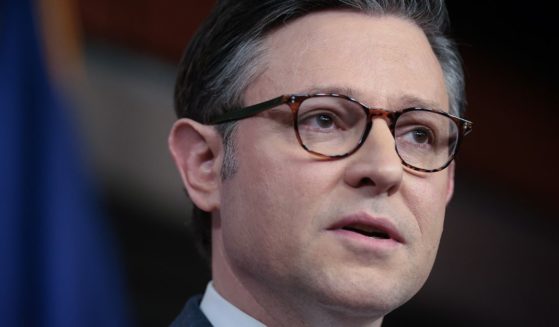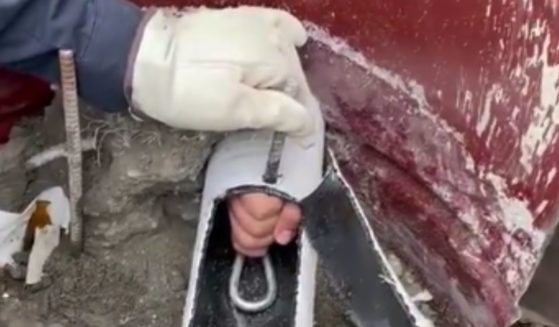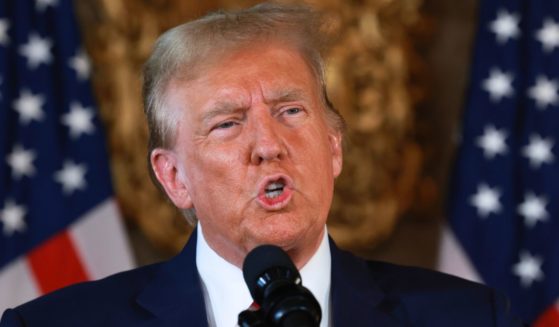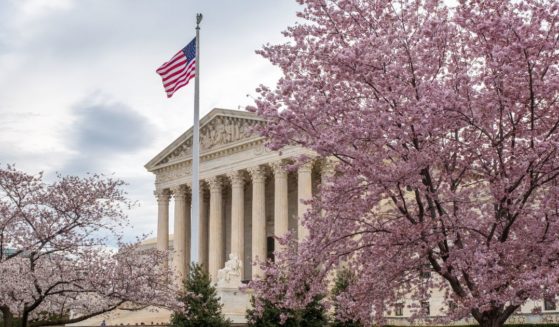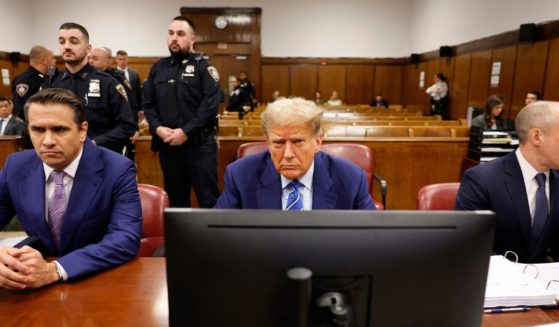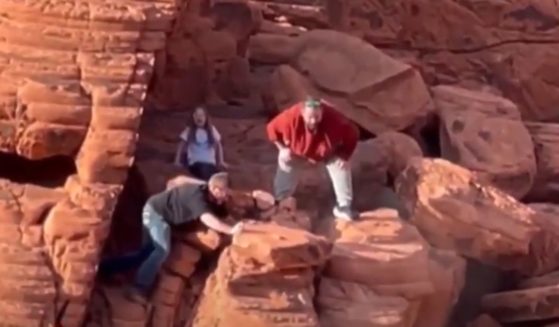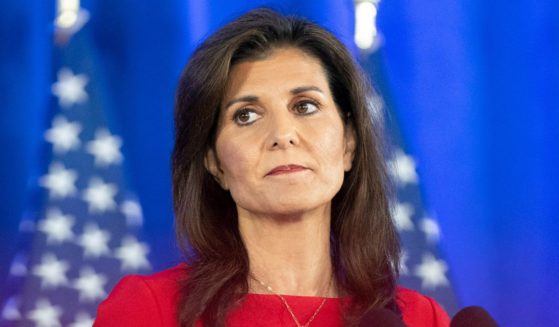Bud Light Stoops to New Lows, Photo Shows Floundering Company's Desperate Stunt to Bolster Sales
A good first lesson for a salesperson selling, say, insurance, is not to say something like: You don’t want to buy any insurance, do you?
But things are so unraveled at Anheuser-Busch that perhaps that novice sales phrase will soon appear in a feeble attempt to offset the marketing disaster surrounding Bud Light.
Marketing historians, a role I’ve played from time to time, can note big goofs when companies misread their customers or commercial situational awareness.
In 1957, Ford introduced its long-planned Edsel model, not realizing it had missed the market by about three years. By 1960, Edsel was in the car marque junkyard.
In the mid-1980s, legendary Coca-Cola tampered with the taste of its flagship product, trying to make it more like Pepsi. Overwhelming consumer backlash prompted a reversal.
Kodak, a popular personal camera manufacturer for a century, invented the digital camera. Apparently not wanting to disrupt its lucrative film business, Kodak kept the technology under wraps, but such an invention was too hot to contain and it escaped the Kodak labs and decimated the company.
But Ford, Coke and Kodak unwittingly made mistakes. And perhaps with the exception of Coca-Cola, which could pivot in another direction, the companies paid dearly for their bad decisions.
Not so with Anheuser-Busch, which willingly trashed its “fratty” consumers and attached itself to unpopular advocacy of transgenderism.
The move is not only costing Anheuser-Busch sales, but its Bud Light brand is no longer reflecting market leadership; rather, it’s showing desperation.
While the CEO of Anheuser-Busch parent InBev, Michel Doukeris, can make excuses and Anheuser-Busch CEO Brendan Whitworth make non-apologies, pictures showing up on Twitter show what’s really happening.
The company is offering a $15 rebate for purchase of varied Budweiser 15- or larger pack products, including Bud Light.
They’re desperate lol pic.twitter.com/2lidc4IX21
— Clown World ™ 🤡 (@ClownWorld_) May 12, 2023
One CVS store in Florida has Bud Light 18-packs on a clearance sale for $19.99 and, according to one tweeter, they’re not moving.
lmaooo not even jokin bud light on clearance at florida cvs & not a single one has moved 😂😂 pic.twitter.com/y3GvtJxKeD
— Baked Alaska (@bakedalaska) May 11, 2023
And the problem is not lost on marketing professionals. The marketing publication The Drum carried an analysis of the Bud Light situation by communications and public relations people.
In it, Robert Passikoff, who founded Brand Keys, which does market research, hearkened to a twist on an old saying: “You can please some of the people all of the time, you can please all of the people some of the time, but you can’t please all of the people all of the time.”
Brands, Passikoff said, should have learned that long ago.
Meanwhile, Strategic Communications President Bill Huey, writing in the O’Dwyer’s publication for public relations and communications, said Bud Light “is about to lose its leadership position to rivals like Miller Lite and Coors Lite.”
Huey said Anheuser-Busch and parent InBev “persist in refusing to own the problem.”
In a recent earnings conference call with investors, Doukeris palmed the Dylan Mulvaney fiasco surrounding Bud Light as “a mere one-off,” according to Huey.
“‘This was the result of one can [with an image of Mulvaney],’” Huey quoted Doukeris as saying, continuing with: “It was not made for production or sale to [the] general public. It was one post, not a formal campaign or advertisement.’”
Huey said Doukeris was saying “the tremendous blowback was all out of proportion to the original miscue.”
“Mr. Doukeris displayed the kind of corporate casuistry that creates further trouble by putting shareholders ahead of customers,” according to Huey.
“And, by waving off the matter because it represents such a small percentage of sales, we see in spades how out of touch AB InBev is with the passionate reactions that the Mulvaney affair has caused,” he said.
“I know of one local restaurateur who not only trashed three cases of Bud Light on TikTok, but refuses to sell any A-B product in his restaurants. No Bud, no Michelob Ultra—nothing.
“That kind of infectious resentment can eventually take a big bite out of U.S. revenues,” Huey wrote.
Anson Frericks, a former Anheuser-Busch executive, has been commenting on the Bud Light situation.
“I think what they need to be doing, moving forward, is being clear about who they will be accountable to.
“Is it going to be the shareholders of the organization? Or is it going to be the stakeholders of the organization?
“And let me explain that. Historically, Anheuser-Busch has been accountable to its shareholders—the firefighters, doctors, police officers, and their pension funds or 401ks are invested in Anheuser-Busch and Anheuser-Busch is expected to make great products and services like an apolitical Bud Light that drives value for their shareholders.
“Recently though,” Frericks continued, “They have adopted a form of stakeholder capitalism, which is pushed by companies like Black Rock and State Street and Vanguard, that ask companies to be accountable to all stakeholders – these include activists and political organizations and unfortunately, when Anheuser-Busch is beholden to these stakeholders, they end up being everything to everyone and actually nothing to anyone.”
Anheuser-Bush apparently has attempted to stop the bleeding by running commercials with its beloved trademark Clydesdales
But it looks like that can’t solve the public relations problem, as evidenced on TikTok:
@mistressjewelry #fyp #budwiser #wiseupbudwiser #clydesdales #mylittlepony ♬ original sound – Told you so
You don’t want to buy some Bud Light, do you?
Truth and Accuracy
We are committed to truth and accuracy in all of our journalism. Read our editorial standards.

